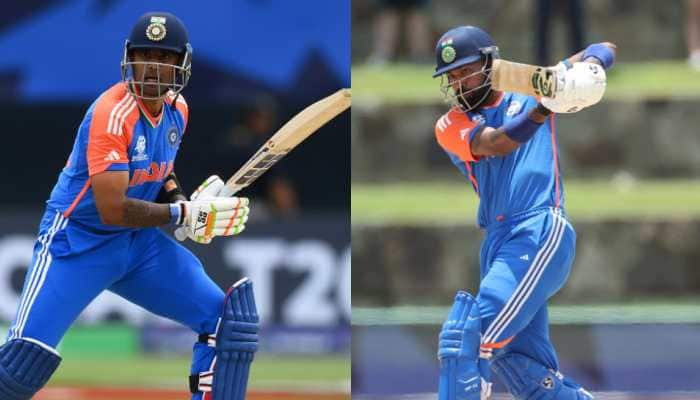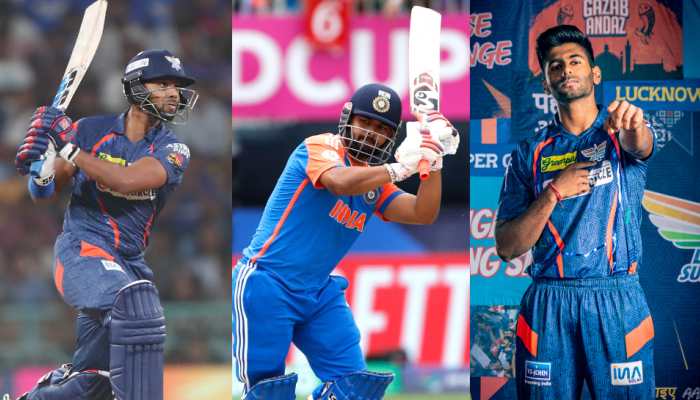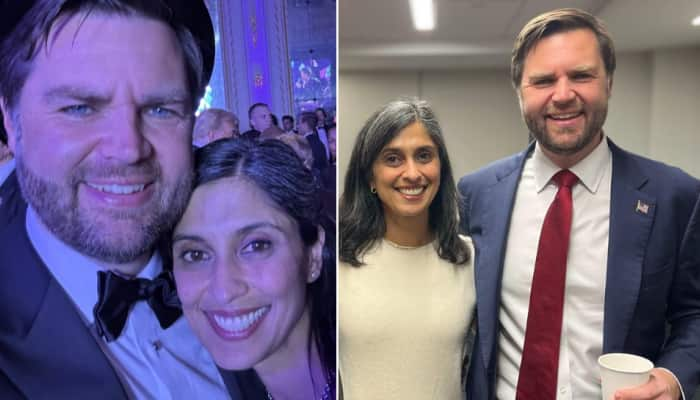Canada Withdraws 41 Diplomats Amid Tensions With India
The tensions between Canada and India were further exacerbated when Canadian Prime Minister Justin Trudeau alleged that the Indian government was involved in the fatal shooting of Hardeep Singh Nijjar.
Trending Photos
)
Ottawa: In a move that underscores the escalating tensions between Canada and India, Canada's Foreign Minister, Melanie Joly, announced the withdrawal of 41 diplomats and 42 family members from India. This decision comes in the wake of an ongoing dispute over the alleged killing of a Canadian citizen, Hardeep Singh Nijjar, who was associated with Khalistani sympathies.
Canada's Foreign Minister expressed deep concern over India's plans to strip diplomatic immunities from all but 21 Canadian diplomats and their dependents in Delhi, effective on October 20. This sudden development posed a significant risk to the safety of 41 Canadian diplomats and their families, prompting their departure from India.
India's Response To Canada
This move by Canada follows India's suspension of visa operations to Canada and a call for a reduction in the number of Canadian diplomats in India. India cited the need for 'parity' in response to the ongoing diplomatic row between the two nations.
International Diplomacy At Stake
Foreign Minister Joly emphasized the importance of diplomatic immunities, which allow diplomats to carry out their work without fear of reprisals or arrests. She called the unilateral revocation of diplomatic privileges a violation of international law, citing the Vienna Convention on Diplomatic Relations. She firmly stated that Canada would not reciprocate.
Impact On Services
The withdrawal of Canadian diplomats will affect the level of services provided to citizens in both countries. In-person services in Canadian consulates in Chandigarh, Mumbai, and Bangalore are temporarily paused. However, consular assistance can still be obtained at the High Commission in Delhi through phone and email.
Canadian Prime Minister Justin Trudeau, when questioned about the situation, refrained from giving a direct response but indicated that Canada was taking the matter seriously and remained engaged in diplomacy with the Indian government.
India's Pursuit of 'Parity'
Ministry of External Affairs (MEA) explained that they seek parity in diplomatic presence, given the higher number of Canadian diplomats in India and their perceived interference in Indian internal matters. Discussions are ongoing to determine the modalities of achieving this balance.
Trudeau's Allegations
The tensions between Canada and India were further exacerbated when Canadian Prime Minister Justin Trudeau alleged that the Indian government was involved in the fatal shooting of Hardeep Singh Nijjar. Trudeau's claim, made during a debate in the Canadian Parliament, accused "agents of the Indian government" of carrying out the killing. However, India vehemently rejected these allegations, labelling them as 'absurd' and 'motivated.' Notably, Canada has yet to provide public evidence to support the claim.
Hardeep Singh Nijjar, a designated terrorist in India, was fatally shot outside a Gurdwara in Surrey, British Columbia, on June 18. The incident has fuelled a contentious dispute between the two nations, with no clear resolution in sight.
Stay informed on all the latest news, real-time breaking news updates, and follow all the important headlines in india news and world News on Zee News.
Live Tv







)
)
)
)
)
)
)
)
)
)
